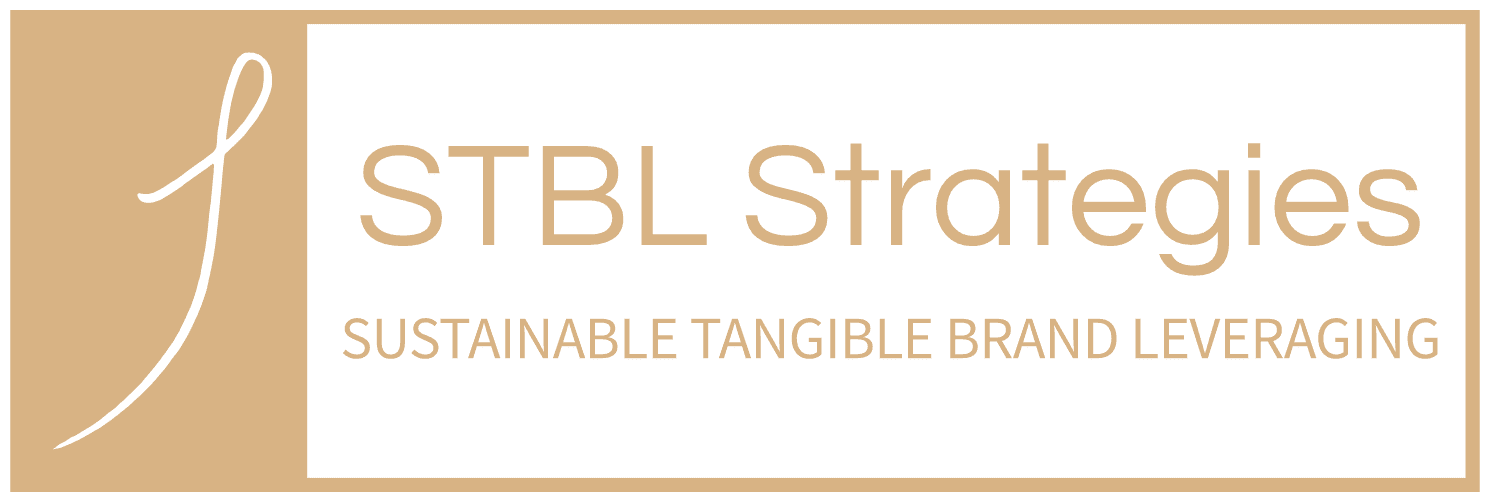Salesforce's Impressive Eco-Friendly Initiatives at Their Latest Conference
Salesforce, a global leader in CRM, has long been recognized for its commitment to sustainability. At their latest conference, Salesforce showcased not just technological innovations but also remarkable efforts in environmental stewardship. The event set a new standard for eco-friendly corporate gatherings, providing a model for other companies to emulate. This blog post explores the various sustainability initiatives Salesforce implemented at the conference and the impact of these practices on the industry and the planet.
Sustainable Promotional Products
One of the standout features of Salesforce's conference was its innovative approach to promotional products. In keeping with their sustainability goals, all promotional items distributed at the event were eco-friendly, designed to minimize environmental impact and maximize utility and longevity.
Eco-Friendly Materials: All promotional materials were made from sustainable or recycled materials. This included items such as notebooks made from recycled paper, pens crafted from biodegradable materials, and tote bags constructed from recycled or organic fabrics. By choosing suppliers who prioritize eco-friendly practices, Salesforce ensured that even the smallest details aligned with their sustainability ethos.
Utility and Longevity: Salesforce carefully selected promotional items that were not only sustainable but also useful and durable. This approach reduces waste by providing attendees with products they are likely to keep and use for a long time, rather than disposable items that quickly end up in the trash. Examples included reusable water bottles made from recycled materials, which also helped to reduce single-use plastic waste at the event.
Educational Impact: Each promotional product was accompanied by educational information about its environmental benefits, such as the amount of recycled content used or the sustainability practices involved in its production. This not only informed attendees about the positive impact of their choices but also encouraged them to consider sustainability in their future promotional product decisions.
Branding with a Message: Salesforce used these eco-friendly promotional products as a branding opportunity to reinforce their commitment to sustainability. Each item carried the Salesforce logo alongside a message about the importance of sustainability, turning everyday items into ambassadors for the brand's environmental values.
Collaboration with Ethical Suppliers: Salesforce partnered with suppliers who are known for their ethical practices and sustainability commitments. This ensured that the production processes for the promotional items were environmentally friendly and socially responsible, aligning with Salesforce's overall corporate social responsibility strategy.
Key Takeaway: When planning promotional products for an event, it's essential to consider the environmental impact of these items. By choosing sustainable materials, ensuring utility and longevity, and educating attendees about these choices, companies can make a significant positive impact while also promoting their brand.
This thoughtful approach to promotional products at the Salesforce conference not only enhanced the overall sustainability of the event but also served as an educational tool that promoted environmentally responsible behaviors among all participants.
Green Venues and Zero Waste Goals
Salesforce chose a venue with a proven track record of environmental responsibility. The conference center was equipped with state-of-the-art waste management systems aimed at achieving zero waste. This included extensive recycling stations, composting of organic waste, and the elimination of single-use plastics throughout the event.
Key Takeaway: Selecting the right venue is crucial. Opt for locations that are LEED-certified or have a strong sustainability policy.
Digital-First Approach
To minimize paper use, Salesforce implemented a digital-first strategy. All event materials, including schedules, brochures, and maps, were made available through an event app. This not only reduced the event’s carbon footprint but also enhanced attendee convenience, allowing for real-time updates and interactions.
Key Takeaway: Leverage technology to reduce dependency on physical materials, which not only conserves resources but also taps into the tech-savvy nature of today’s attendees.
Sustainable Transportation
Understanding the significant environmental impact of travel, Salesforce encouraged the use of public transportation, carpooling, and provided shuttles from major transport hubs. For those who preferred to drive, electric vehicle charging stations were readily available.
Key Takeaway: Facilitate and encourage eco-friendly transportation options for attendees to significantly lower the overall carbon emissions of your event.
Local and Sustainable Catering
The catering at the conference underscored a commitment to sustainability. All food was sourced from local producers, reducing transportation emissions and supporting the local economy. The menu was predominantly plant-based, which is significantly less taxing on the environment compared to meat-heavy offerings.
Key Takeaway: Opt for local, seasonal, and plant-based food options to minimize your event's environmental impact while promoting health and sustainability.
Engaging Attendees in Sustainability
Salesforce didn’t just implement sustainable practices; they also engaged attendees in these efforts. Interactive workshops on sustainability, panels discussing responsible business practices, and pledges to commit to eco-friendly behaviors post-conference were part of the agenda.
Key Takeaway: Engage participants in sustainability efforts to leave a lasting impression and inspire change beyond the event itself.
Conclusion
Salesforce’s conference serves as a prime example of how large-scale events can be both influential and environmentally responsible. The initiatives implemented by Salesforce not only highlight their dedication to sustainability but also set a benchmark for other companies. As we move forward, it is crucial for organizations to consider the environmental impact of their activities and strive to incorporate green practices into all aspects of their operations.



